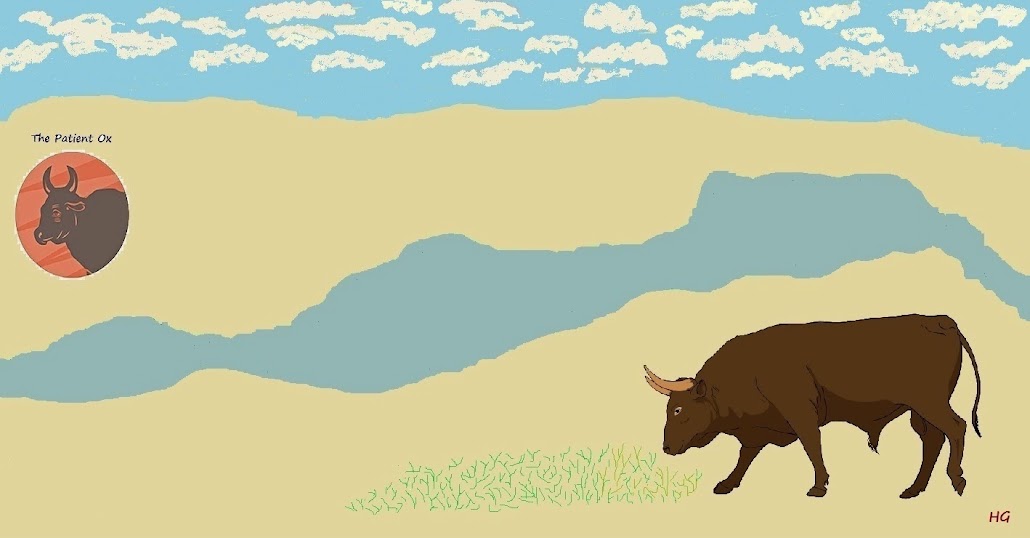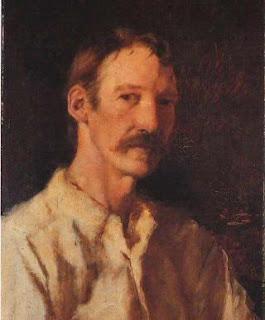
------------------
Report by CBO (*) - October, 2011
Summary
_______
After-tax income for the highest-income households grew more than it did for any other group. (After-tax income is income after federal taxes have been deducted and government transfers—which are payments to people through such programs as Social Security and Unemployment Insurance—have been added.)
CBO finds that, between 1979 and 2007, income grew by:
• 275 percent for the top 1 percent of households,
• 65 percent for the next 19 percent,
• Just under 40 percent for the next 60 percent, and
• 18 percent for the bottom 20 percent
The share of income going to higher-income households rose, while the share going to lower-income households fell.
• The top fifth of the population saw a 10-percentage-point increase in their
share of after-tax income.
• Most of that growth went to the top 1 percent of the population.
• All other groups saw their shares decline by 2 to 3 percentage points.
_______________________________________
(*) CBO = Congressional Budget Office
source: cbo.org













